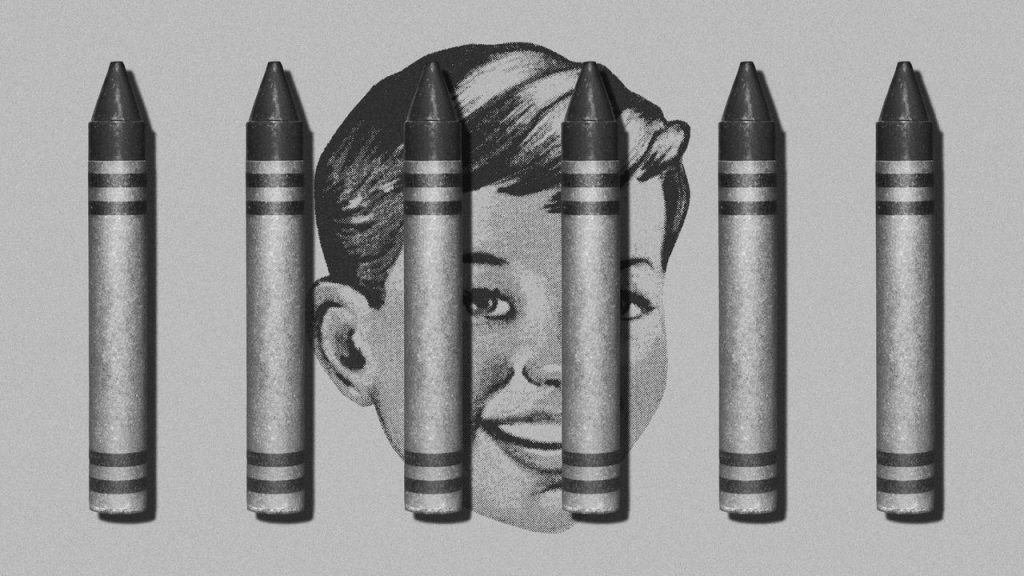“Responsible Child”, the ripped-from-the-headlines story of a 12-year-old boy who stands trial for murder, is top of the Netflix film charts.
The TV movie, which first aired on the BBC in 2019, “explores the nuanced issue of what age children ought to be responsible for their actions in a legal context”, said Cosmopolitan. It is loosely based on the real-life story of Jerome and Joshua Ellis, who were 14 and 23 when they killed their stepfather in 2013.
Filmmaker Nick Holt had “started asking more questions about the age at which people can stand trial in front of a jury”, he told Radio Times in 2019, after witnessing the trial of a young boy first hand. “When it turned out it was 10, and I saw how it compared to other countries, I was even more surprised. It’s substantially out of kilter with the rest of the world.”
What is the age of responsibility in the UK?
In England, Wales and Northern Ireland the age of criminal responsibility – defined as the minimum age a person can be held legally responsible for a crime – is 10 years old. This means children under 10 cannot be arrested or charged with a crime, although they can be given a local child curfew, child safety order, or – in extreme cases of repeated offending – taken into care. In Scotland, the age of criminal responsibility was raised to 12 in 2019.
Since 1963, when the law first recognised a minimum age of criminal responsibility and set it at 10, “our understanding of how the adolescent brain develops – and how that affects decision-making – has increased”, said the BBC.
Nicholas Mackintosh, who chaired a Royal Society study on brain development in 2011, told the BBC at the time that there was “incontrovertible evidence that the brain continues to develop throughout adolescence”. Some regions responsible for decision-making and impulse control do not fully mature “until at least the age of 20”.
The Royal Society’s report cited concern among some neuroscientists that the age of criminal responsibility in the UK was set too low. The age has not changed since then.
How are children handled differently?
Under the current law, children in England and Wales aged between 10 and 17 “can be arrested and taken to court if they commit a crime”, but are still “treated differently from adults”, said the UK government.
Most will have their cases heard in youth courts, which have “specific rules in place to safeguard the child’s welfare and maintain anonymity”, said Lawtons Solicitors. Sentences are “less severe”, with imprisonment “only being imposed as a last resort for the most serious offences”. Those found guilty are sent to special secure centres for young people rather than adult prisons, with a greater emphasis on rehabilitation and preventing reoffending.
However, for very serious offences, or crimes in which a child is charged alongside an adult, cases can be heard by a crown court. Between 1995 and 2020, it is estimated that more than 7,000 children aged 10-14 have been tried at crown courts in England and Wales.
How does the UK compare to other countries?
The United Nations has repeatedly called for the age of criminal responsibility to be raised to at least 12 by all member nations, with 14 the most common age around the world, said the National Youth Justice Network.
This means England and Wales are outliers, with the current age of 10 being lower than any other European country. Portugal, at 16, has the highest age of criminal responsibility in Europe.
Sweden’s Prime Minister Ulf Kristersson went against the grain last month by announcing plans to lower the age of criminal responsibility from 15 to 14. This came after an “increase in cases of crime gangs recruiting children via social media and using them as hitmen”, said Reuters.
England and Wales ‘substantially out of kilter with the rest of the world’, says filmmaker whose drama tops Netflix charts
